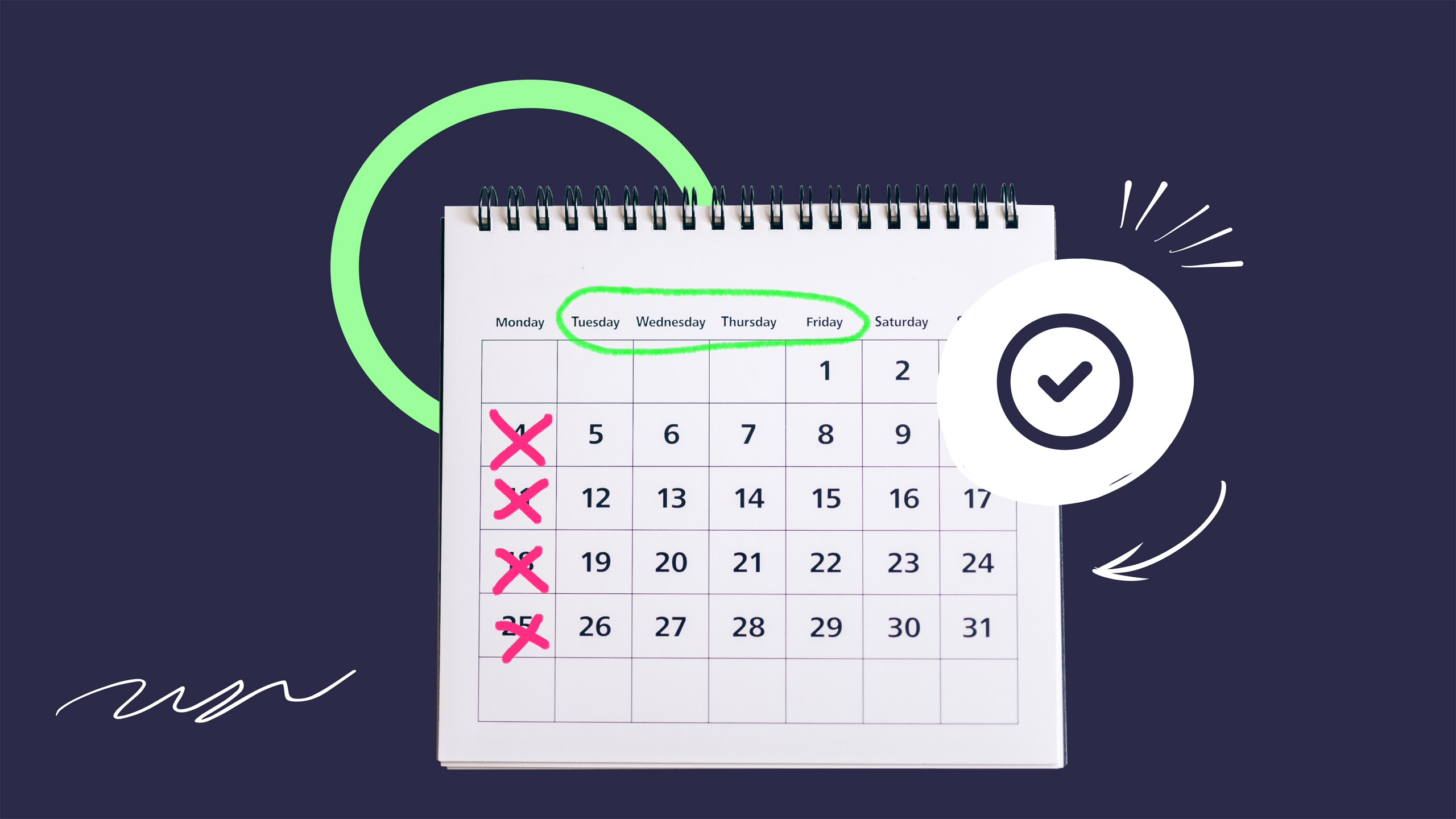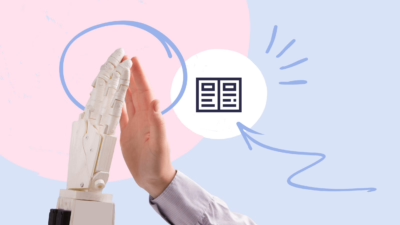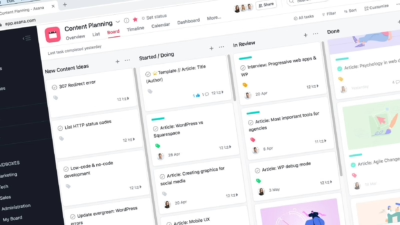
Agencies & Freelancers
WordPress agencies and freelancers face the challenge of managing their projects efficiently, optimising processes and scaling their business sustainably. In this category, you will find practical tips and strategies to improve workflows, save time and increase the quality of your WordPress projects. Learn how to use agile methods, automate recurring tasks and utilise the best tools.
Newest article

With our step-by-step guide, you’ll create a webinar that engages your audience and generates hot leads. ✅ Read now!
Read more
Subscribe to the Raidboxes newsletter!
We share the latest WordPress insights, business tips, and more with you once a month.
"*" indicates required fields

All articles
-

•
Create and conduct a webinar in 7 steps
Read more: Create and conduct a webinar in 7 steps -

•
CO₂ optimised websites with WordPress and WooCommerce
Read more: CO₂ optimised websites with WordPress and WooCommerce -

•
Use of AI in digital agencies and B2B web design
Read more: Use of AI in digital agencies and B2B web design -

•
Strong brand identity and positioning for freelancers
Read more: Strong brand identity and positioning for freelancers -

•
Planning WordPress projects: From requirements to implementation
Read more: Planning WordPress projects: From requirements to implementation -

•
4-day week in agencies: a model for the future?
Read more: 4-day week in agencies: a model for the future? -

•
Increase productivity: complete more tasks with less stress
Read more: Increase productivity: complete more tasks with less stress -

•
Cooperation instead of competition: forging ahead with common goals
Read more: Cooperation instead of competition: forging ahead with common goals -

•
Becoming a freelancer step by step
Read more: Becoming a freelancer step by step -

•
6 sustainable companies share their success stories
Read more: 6 sustainable companies share their success stories -

•
Project management tools for agencies: Asana, Trello, Slack, Zapier & Co.
Read more: Project management tools for agencies: Asana, Trello, Slack, Zapier & Co. -

•
Project management for agencies: The right workflow and more efficiency
Read more: Project management for agencies: The right workflow and more efficiency






